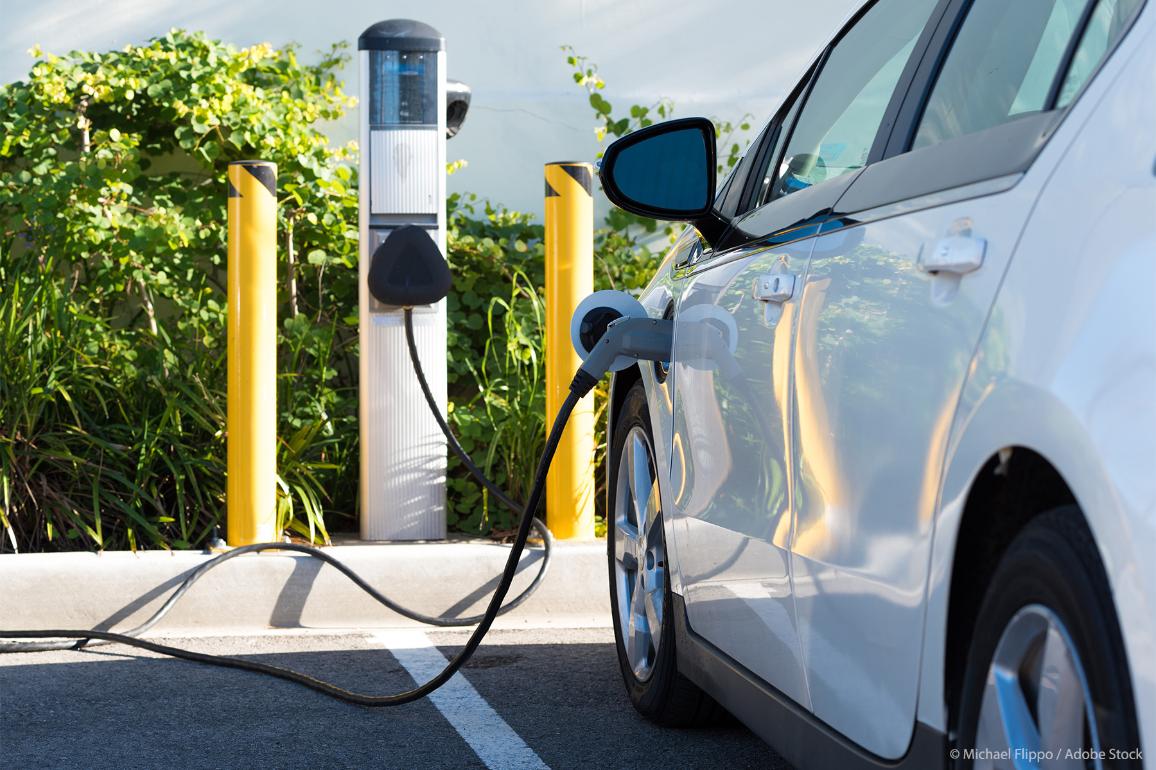
The EU’s parliament has approved the new CO2 emissions reduction targets for new passenger cars and light commercial vehicles.

Discover B2B Marketing That Performs
Combine business intelligence and editorial excellence to reach engaged professionals across 36 leading media platforms.
With 340 votes in favour, 279 against and 21 abstentions, MEPs endorsed the deal reached with the European Union Council on revised CO2 emission performance standards for new cars and vans in line with the EU’s increased climate ambition.
The EU said new legislation sets the path towards zero CO2 emissions for new passenger cars and light commercial vehicles in 2035 (an EU fleet-wide target to reduce CO2 emissions produced by new cars and vans by 100% compared to 2021). Intermediate emissions reduction targets for 2030 are set at 55% for cars and 50% for vans.
Manufacturers responsible for small production volumes in a calendar year (1,000 to 10,000 new cars or 1,000 to 22,000 new vans) may be granted a derogation until the end of 2035 (those registering fewer than 1,000 new vehicles per year continue to be exempt).
E-fuels
The European Commission has, however, said that it will create a legal route for sales of combustion engine cars that run on so-called ‘e-fuels’ to continue after 2035. This follows intensive lobbying by the German government. Porsche is among the companies interested in the e-fuels net-zero CO2 route. Ferrari is also said to be attracted to the idea of e-fuels that allow ICEs to carry on beyond 2035 and avoid heavy batteries being fitted to luxury performance cars. However, e-fuels are thought by analysts to come with high costs and are not currently produced at scale.
E-fuels are considered carbon neutral because – although they use combustion engines and therefore emit CO2 and produce harmful tailpipe emissions – the liquid fuel itself is generated using captured CO2 components and renewable energy. That is supposed to compensate for the tailpipe CO2 emissions and make them CO2 neutral overall.
Some analysts say they are an unnecessary diversion from the auto industry’s energy transition to electric vehicles. There is also a suspicion that there could be a further pushback on fossil fuels if an exemption is made for liquid e-fuels in ICEs.
See also: Will Europe’s BEV market be derailed by e-fuels?




